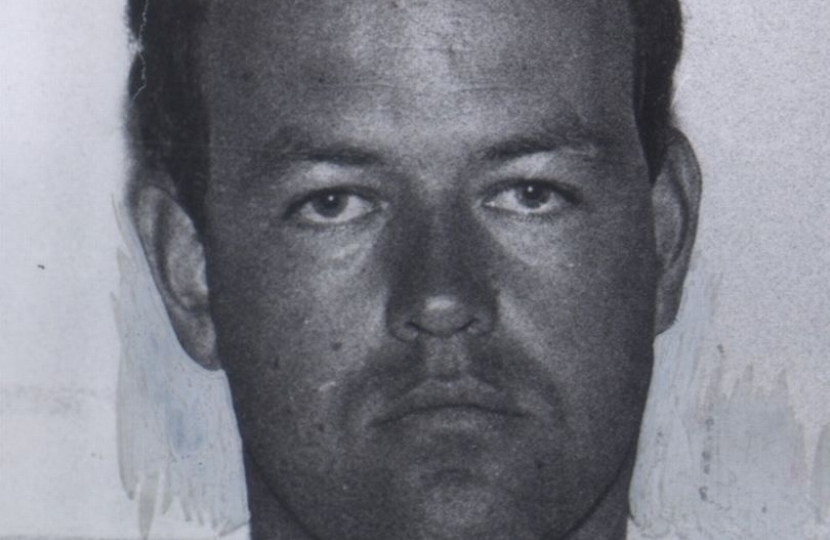
MP for South Leicestershire, Alberto Costa, is to hold a debate tomorrow in the Houses of Parliament to discuss the ‘effectiveness and transparency of the Parole Board in maintaining public safety’ ahead of the upcoming parole hearing for convicted child-killer Colin Pitchfork.
Alberto has secured the debate, due to take place at 4pm tomorrow afternoon in Westminster Hall, to formally raise local concerns surrounding Pitchfork’s upcoming parole hearing and to scrutinise the effectiveness of the Parole Board in protecting the wider public when making decisions to release violent offenders.
The debate comes after a recent meeting between Alberto and Martin Jones, the Chief Executive of the Parole Board for England and Wales, in which they discussed Pitchfork’s case, the serious concerns of local people and the upcoming parole hearing which is now scheduled to take place in the next month or so.
Pitchfork, who was sentenced to life imprisonment in 1988 for the rape and murder of Lynda Mann and Dawn Ashworth in 1983 and 1986 respectively, was the first person to be convicted using DNA fingerprinting, pioneered by Sir Alec Jeffreys at the University of Leicester.
Pitchfork’s case was most recently refused by the Parole Board in 2018 and since then he has been staying in an open prison. In accordance with the law the Parole Board must review cases every two years.
Alberto said, “Pitchfork’s horrific crimes remain a source of tremendous concerns for many of my constituents, and news of his upcoming parole hearing is of course hugely worrying for so many people across South Leicestershire and the wider country. As such, I am pleased to have secured this debate on the effectiveness and transparency of the Parole Board in order to shine a light on the processes and procedures they have in place for high-profile, violent offenders such as Pitchfork and to scrutinise how they arrive at decisions which result in potentially dangerous prisoners being released into our communities”.
Alberto added, “In most instances, the Parole Board is the final barrier between offenders and the wider public, and as a result, their responsibilities are of the upmost importance. In previous years, the parole process has been a rather closed-off affair, however I am pleased that in recent times further changes have been made to allow victims and their families to have a greater say in the prospective release of offenders, and it has also allowed members of the public to be made aware of the rationale behind certain decisions. Pitchfork’s case is of course of extraordinary concern, hence why I will be seeking reassurances from the Justice Minister in this debate to ensure that the proper scrutiny is always being provided by the Parole Board in such matters”.
